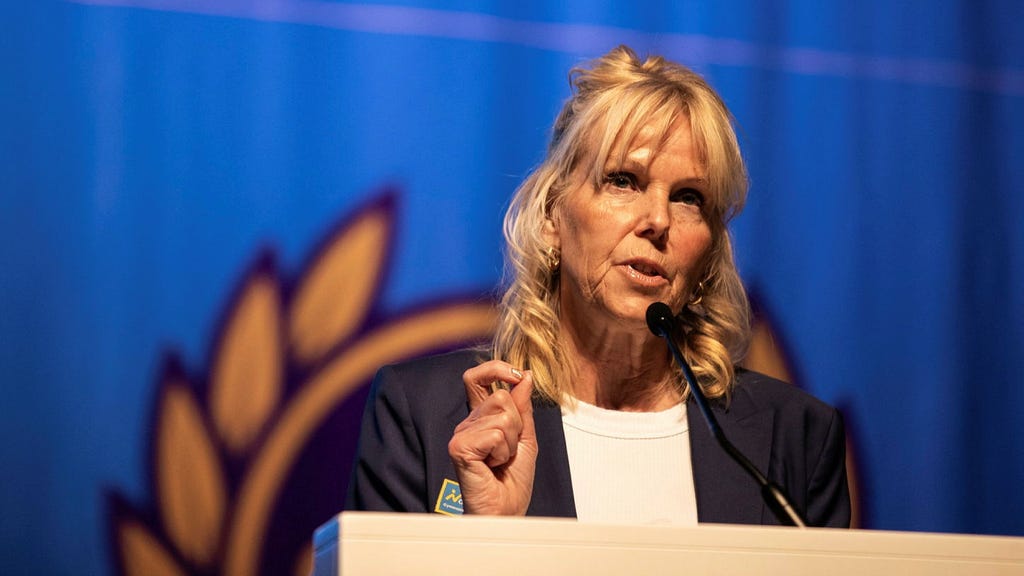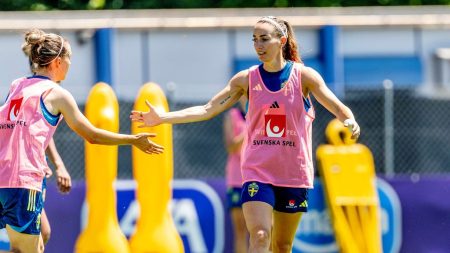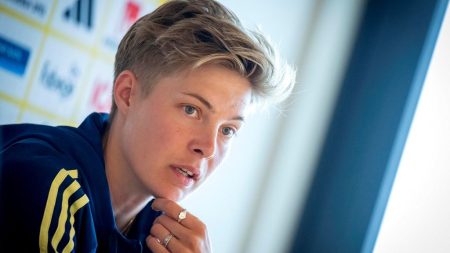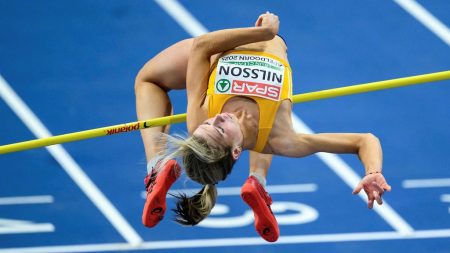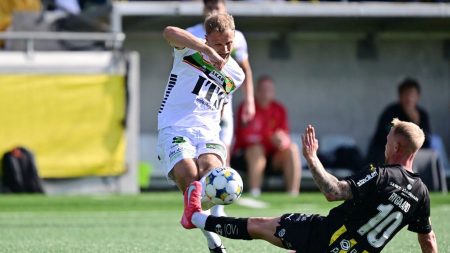The Swedish national gymnastics program has been thrown into turmoil following sharp criticism from two of the country’s top gymnasts, Tonya Paulsson and Alva Eriksson. Paulsson has decided to switch nationalities and compete for Taiwan, citing an unhealthy training environment within the Swedish national team. Eriksson, in solidarity with Paulsson, boycotted a national team training camp, further highlighting concerns about a culture of silence and perceived favoritism towards gymnasts from the Eskilstuna Gymnastics Club (Eskilstuna GF). The criticism is primarily directed towards national team coach Helena Andersson Melander, who also holds several other roles within the Eskilstuna GF, raising concerns about potential conflicts of interest. This controversy has exposed deep-seated issues within the Swedish gymnastics program and sparked a conflict between the national federation and one of its leading clubs, Stockholm Top Gymnastics (STG).
The heart of the issue revolves around allegations of an unhealthy training environment fostered within the national team. Both Paulsson and Eriksson have spoken out about a culture of silence, where gymnasts feel unable to voice their concerns without fear of reprisal. This silencing effect, they argue, allows problematic coaching methods and unequal treatment to persist unchecked. Furthermore, gymnasts who do not belong to the Eskilstuna GF perceive a systemic bias, feeling they are not afforded the same opportunities as their Eskilstuna counterparts within the national team framework. This perceived preferential treatment has fueled resentment and a sense of unfairness amongst gymnasts representing other clubs.
The national federation, while acknowledging the criticism, has defended Andersson Melander’s performance, highlighting her significant contributions to the program. Catharina Espmark, the federation’s general secretary, expressed understanding of the concerns regarding the perception of favoritism arising from Andersson Melander’s multiple roles within Eskilstuna GF. The federation pledged to review the structure of the national team setup and address potential conflicts of interest, but emphasized its commitment to maintaining its training base in Eskilstuna, citing the unparalleled concentration of expertise in the city. This stance, however, further reinforces the perceived prioritization of Eskilstuna, exacerbating the tension with other clubs.
The controversy has also brought to the forefront the long-standing grievances of Stockholm Top Gymnastics (STG), one of the country’s leading gymnastics clubs. STG alleges that the national federation has consistently disregarded its proposed changes to the program, further contributing to the growing rift. The club has taken a strong stance against what they perceive as a toxic environment within the national team, implementing a boycott of national team training camps held in Eskilstuna. This boycott underscores the depth of the conflict and the urgent need for a resolution to address the concerns raised by athletes and clubs alike.
The timing of this controversy is particularly unfortunate for the Swedish gymnastics federation, given its recent launch of a new initiative aimed at the 2032 Brisbane Olympics. The departure of Paulsson to represent Taiwan and Eriksson’s boycott represent significant setbacks for the program, highlighting the potential consequences of unresolved internal conflicts. The loss of two top-level athletes weakens the national team and underscores the urgent need to address the underlying issues that led to their disillusionment. The federation’s efforts to reach out to Eriksson and express a willingness to listen are positive steps, but concrete actions and systemic changes are necessary to rebuild trust and ensure a healthy and equitable training environment for all gymnasts.
The escalating tension within Swedish gymnastics raises questions about the long-term sustainability of the current national team structure. While the federation emphasizes the importance of the centralized expertise in Eskilstuna, the perceived favoritism and accusations of an unhealthy training environment threaten to undermine the program’s overall success. The ongoing conflict with STG underscores the need for greater communication and collaboration between the federation and its member clubs. Moving forward, the federation faces the challenging task of restoring trust, addressing the concerns raised by athletes and clubs, and fostering a more inclusive and supportive environment that allows all gymnasts to thrive.





